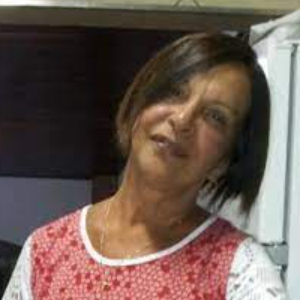Title : The experience of aging with physical disabilities: A phenomenological study
Abstract:
The growth in the survival rate of individuals living with disabilities in recent years has made them live long enough to reach old age. In Brazil, this increase in life expectancy is a new reality that has not yet been planned for in public policy. Currently, people living with disabilities reach more advanced ages, sometimes even outliving their parents and/or caregivers. If for the population in general, aging well means, above all, avoiding physical disability and maintaining independence, what can be said of an aging body that is already relatively disabled and dependent? Concerns present in the life of these individuals are exacerbated by the absence of public policies specific to these cases. This creates a gap between what is necessary and what is available, generating more distress and uncertainty regarding the future. Thus, disability and aging are two complex trajectories of human experience that are intertwined. The objective of the present study was to understand the experience of aging from the perspective of older adults living with physical disabilities. Considering the suitability of a comprehensive approach for this investigation, the social phenomenological framework was adopted. Informants were chosen from the registry of members of the Mato Grosso Association of Persons with Disabilities (Brazil). Community-dwelling men and women with either congenital or acquired disabilities and 60 years old or older were selected to participate. Those with disabilities acquired after 40 years of age were excluded, as these individuals had already experienced aging before experiencing disability. The study enabled the understanding of the following themes: The perpetuation of stigma translates into social isolation, contributing to a negative aging experience among individuals living with physical disabilities; advancing physical decline and the permanence of barriers to social inclusion intensify reduced mobility, revealing a condition of vulnerability among older adults with physical disabilities; the presence of an informal social support network and health services contribute to ongoing self-management of one’s chronic condition, which can minimize the impacts of an insufficient service network; and the experience of aging is permeated by the absence of perspectives and the perception of the inevitability of encroaching finitude. In conclusion, the experience of aging with physical disabilities is not related only to a dysfunctional body or age in itself, but to health, psychosocial and cultural aspects. The results of this study can underpin policies and above all, health actions that not only include objective issues related to treatment, but subjective and intersubjective elements that permeate the experience of aging with physical disabilities.



